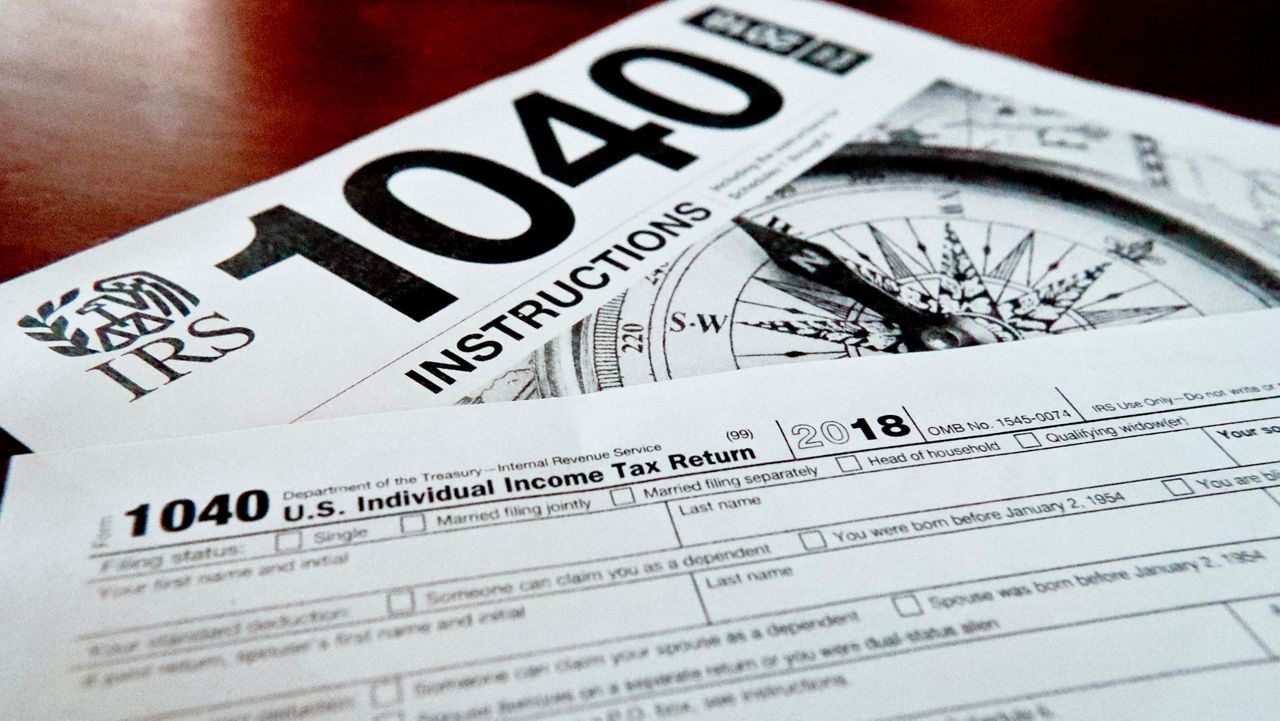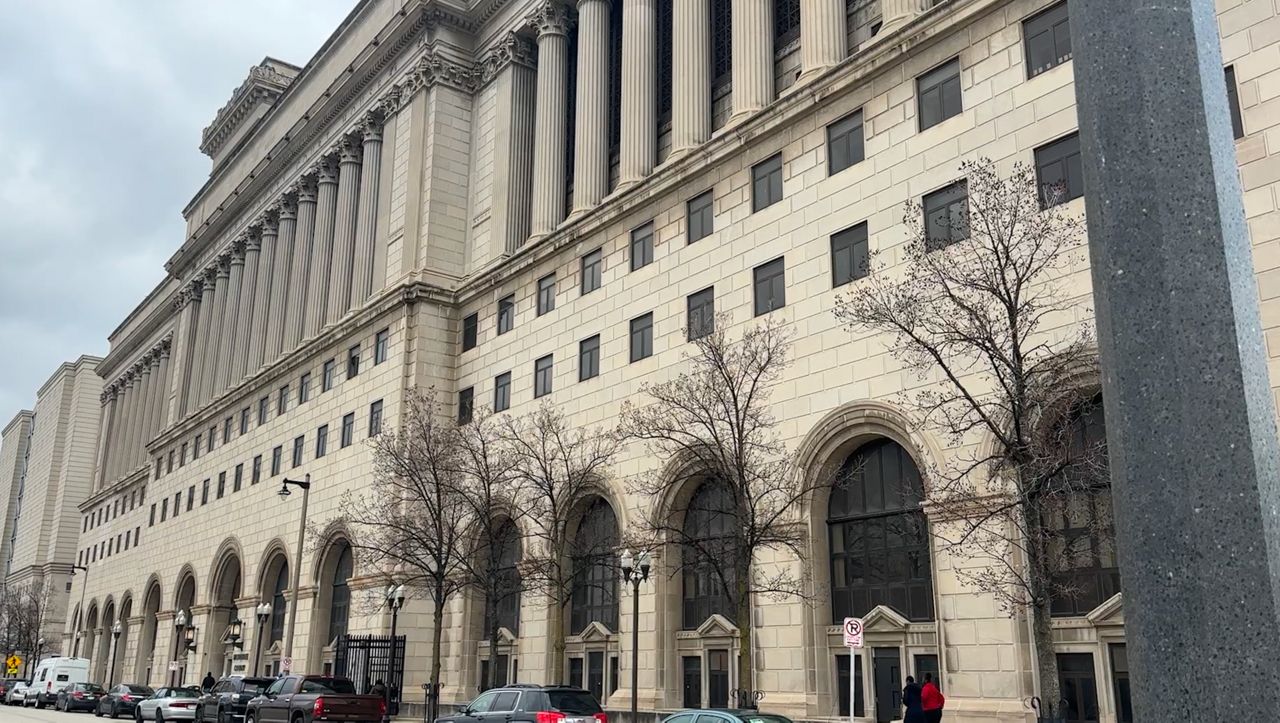WHITELAW, Wis. — President Donald Trump unveiled sweeping new tariffs on Wednesday which the White House dubbed “Liberation Day.”
While this latest round of tariffs could have a harsh impact on many industries, experts say the scrap metal industry is poised to benefit.
Turning old metal items into something profitable is what Will Clark does. Clark is the owner of Third Generation Salvage in Whitelaw, Wisconsin.
“We take end-of-life vehicles, appliances, basically anything that’s metal, and then we’ll process it down to a more manageable size. We ship it off to a shredder or somebody that will make it something that the steel mills want. Then they sell it to the steel mills and they melt it all down and make new steel out of it,” Clark said.
In the wake of Trump’s tariffs, Clark said the price for recycled metals is hot.
“Right now, everybody’s got to refill their stock. So, we have good iron prices. Copper is at record highs. It’s insane. Steel is pretty good right now,” Clark said.
That’s because most new metals are made from recycled metals
“The future of steel is in recycling, not mining,” the Steel Manufacturers Association President Philip Bell said.
So, salvage yards like Clark’s can benefit from tariffs.
Marquette finance instructor Brian Jacobsen said as tariffs increase the cost for imported metals, the demand and prices for domestically sourced scrap metal goes up.
“If you think about scrap metal and recycling, they could benefit initially. If we have higher tariffs on steel, aluminum, possibly copper might be coming along. So those who are involved in the recycling, they might benefit initially,” Jacobsen said.
However, Jacobsen said the possibility of retaliation from other countries could impact that.
“About one-third of U.S. scrap metal is actually exported to countries like Mexico and Turkey. So that’s one of the things with this. It’s like a dance. You have to see, it’s not just, what does the U.S. do, but how they respond?” Jacobsen said.
The scrap metals industry is volatile. After 10 years in business, Clark said he’s learned to mitigate the risks.
“We try not to get too high when the prices go up, and then, you know, we use that to cover us when the prices go way down, and nobody wants to bring anything in,” Clark said.











